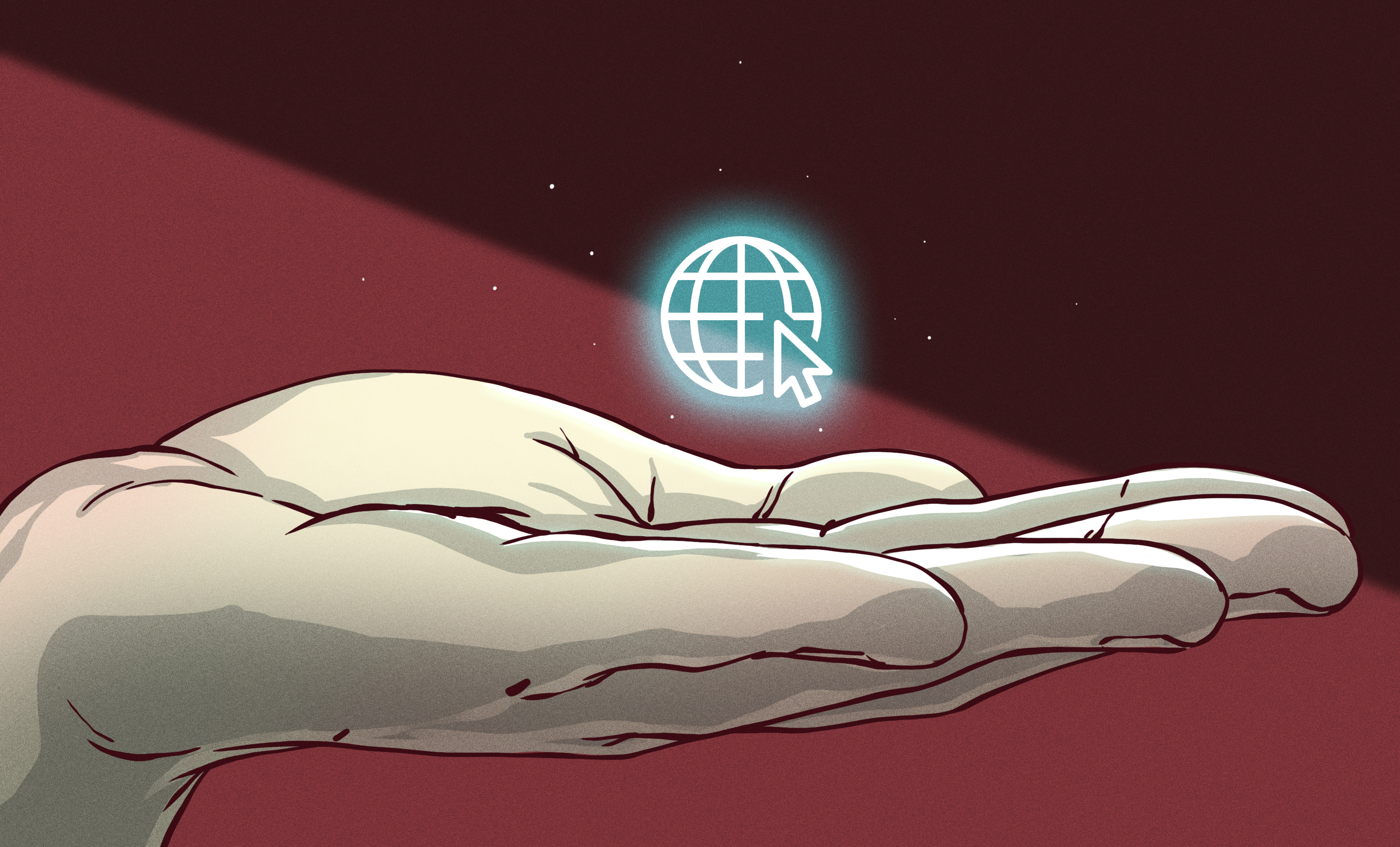Hackaday
1M
191

Image Credit: Hackaday
The World Wide Web and the Death of Graceful Degradation
- In the early days of the World Wide Web, website creation was common yet required optimization for slow internet connections and text-only browsers.
- Graceful degradation was emphasized to ensure websites could still function minimally even in basic browsers like Lynx.
- Nowadays, users are expected to have the latest browsers and fast connections for website access, marking a significant shift.
- The focus has shifted from websites as interactive documents to web applications, leading to increased complexity and demands on browsers.
- Web development frameworks often require cutting-edge features, disregarding compatibility with older browsers and devices.
- Concerns arise over corporate influence on the web, with certain browsers like Chrome dominating testing and feature implementation.
- Web apps also contribute to heavier reliance on JavaScript, causing performance issues and hindering access on older systems.
- The removal of support for non-encrypted HTTP and excessive JavaScript usage lead to challenges for users with older devices.
- Gracious degradation remains important for ensuring website accessibility and functionality, highlighting the user experience over flashy design elements.
- Overall, the evolution of the web raises questions on whether current trends align with the preferred user experience.
Read Full Article
11 Likes
For uninterrupted reading, download the app